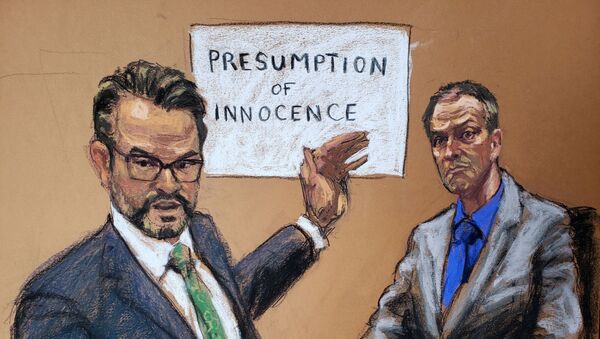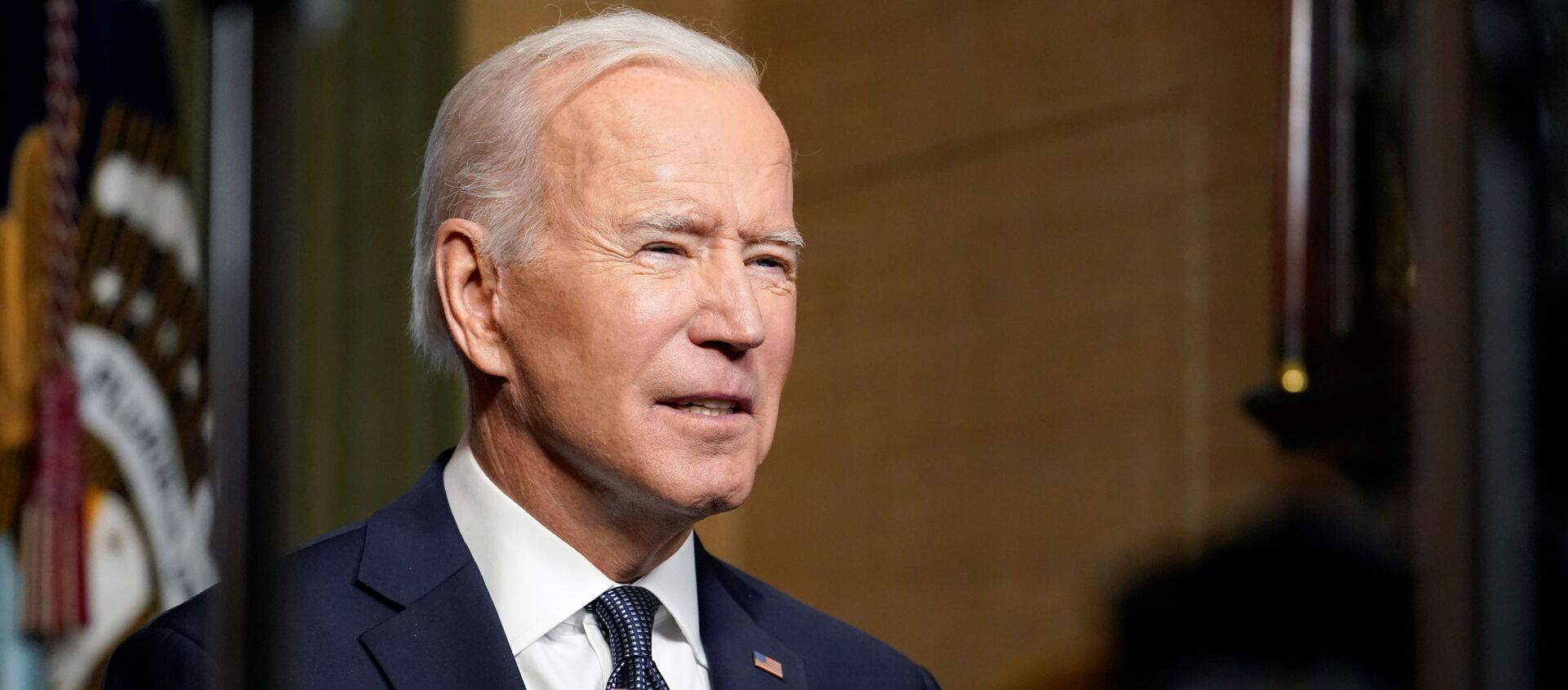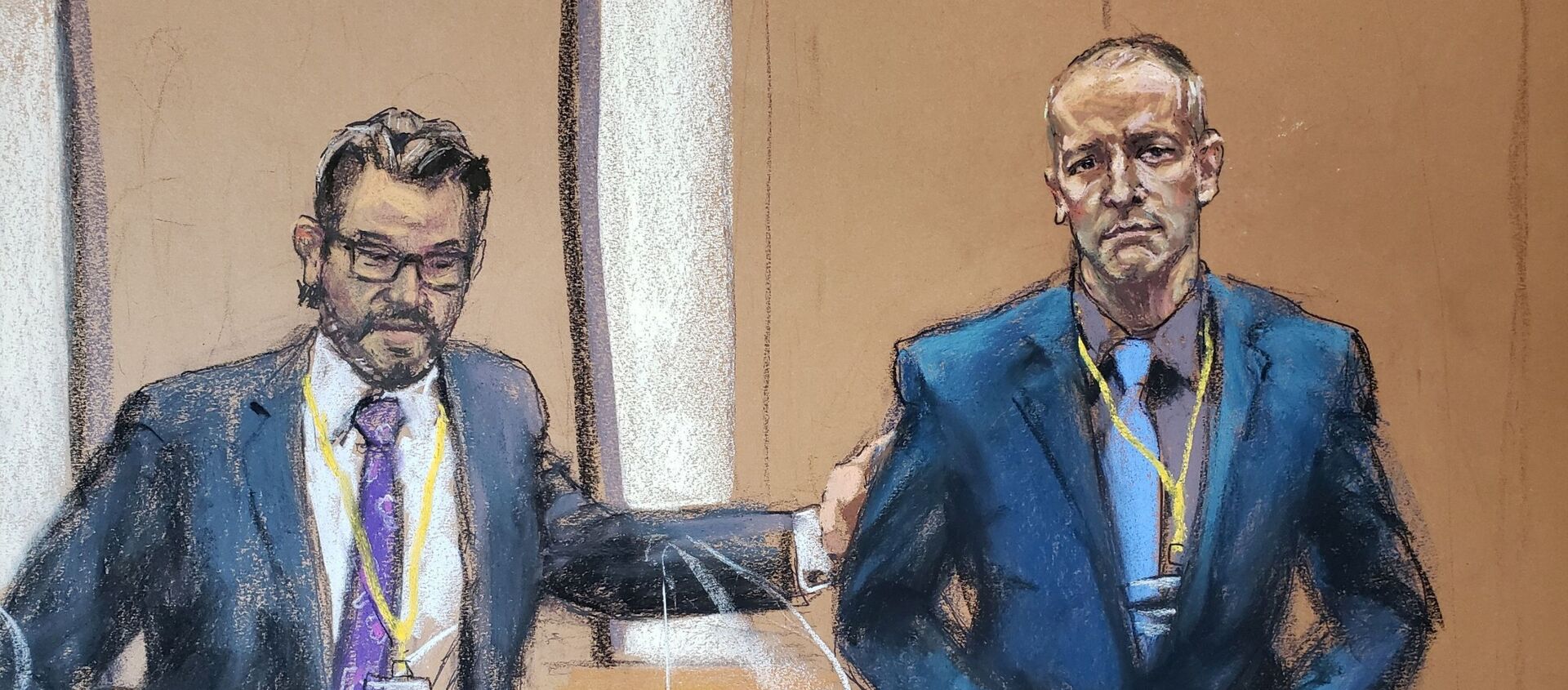The trial of Derek Chauvin, the former Minneapolis policeman accused of killing George Floyd, entered the closing arguments phase on Monday as the prosecution and defenсe have their final chance to convince the jury.
Prosecutor Steve Schleicher was the first to take the floor after judge Peter Cahill gave detailed instructions to the jury who will have to decide whether Chauvin is guilty.
“What the defendant did to George Floyd? Killed him”, Schleicher said.
Chauvin faces three charges - second-degree murder, third-degree murder and second-degree manslaughter entailing a maximum punishment of 40, 25 and 10 years in prison respectively.
The prosecution seeks to prove that the physical force applied by Chauvin on Floyd’s back and neck during his arrest on May 25, 2020 caused Floyd’s death and violated police guidelines.
"The force was too much. [Floyd] was trapped with the unyielding pavement underneath him, as unyielding as the men who held him down... So desperate to breathe, he pushed with his face. With his face", Schleicher told the jury in a Minneapolis courtroom.
"George Floyd begged until he could speak no more... All that was required was a little compassion and none was shown on that day", he said.
Schleicher argued that Chauvin violated the use of force policy, the deescalation policy and the duty to render emergency aid.
"He knew better, he just didn’t do better... This is not an anti-police prosecution, this is a cruel police prosecution", he said.
Schleicher alleged that Chauvin acted purposefully and suggested that "ego and pride" was his motivation - reluctance to give in to pleas from bystanders concerned about Floyd’s torment.
"He did what he did on purpose. And it killed George Floyd... He betrayed the badge", Schleicher said.
The defence is expected to ask the jury for full acquittal. During the trial it sought to prove that Floyd died of preexisting health conditions and drug overdose rather than asphyxia and Chauvin’s actions were in line with police instructions.




